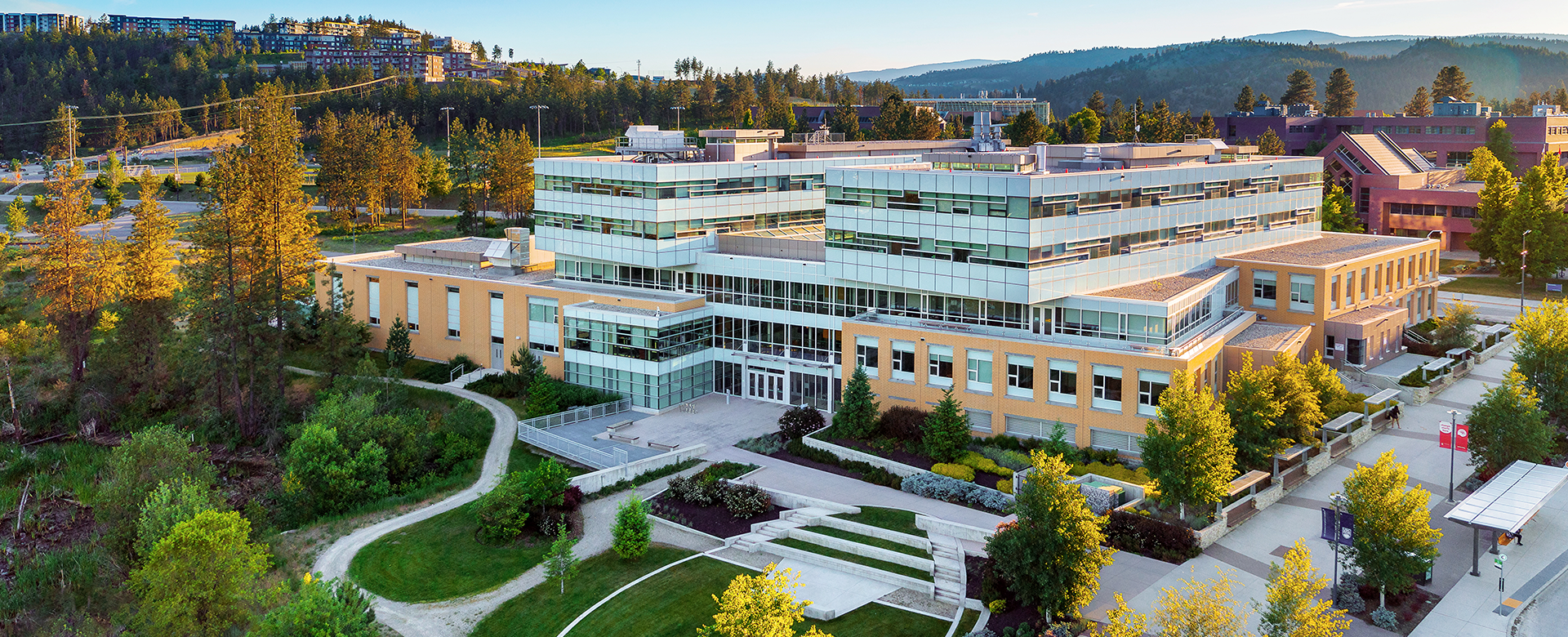Education & Leadership
CLUBS & LEADERSHIP
As the Webmaster Executive for the IEEE UBCO Student Branch, I managed an e-commerce platform called The Hackerspace Store providing electrical components to engineering students. Built with Next.js, the platform integrated APIs, Stripe for payments, and an automatically maintained database. During the six-month development process, my teammates and I resolved around 1,000 bugs, ensuring a seamless user experience before launch. After deployment, I continuously received feedback from users, addressing bugs and implementing improvements to enhance the platform. The store became a key resource for course projects, providing reliable and immediate access to essential components. I also designed and led the club’s annual PCB workshop, aimed at beginners. Participants worked with a general-purpose PCB I created, featuring USB-C power, UART, SPI, I2C connections, and an STM32 chip. The workshop demonstrated programming a PID controller with temperature sensors but allowed flexibility for other applications, encouraging exploration and innovation.
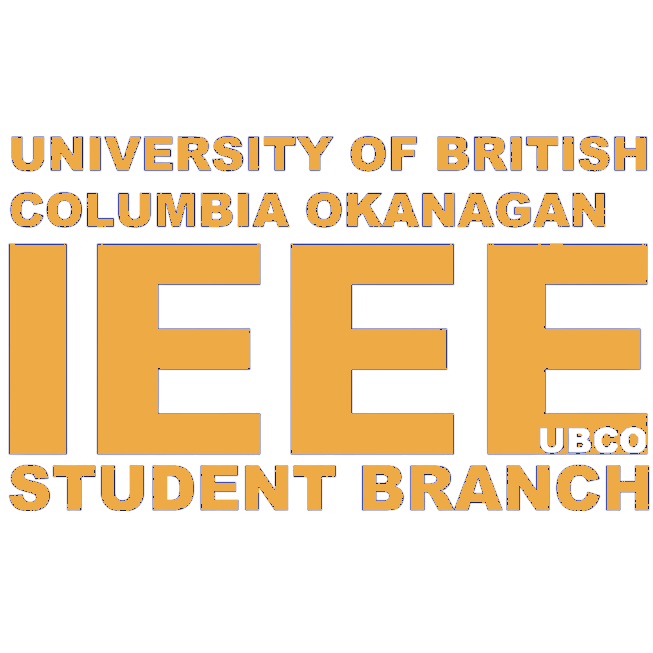

Built scalable platforms using Next.js & APIs

Maintained automated databases

Integrated Stripe for secure payment systems

Resolved 1,000+ bugs for smooth UX
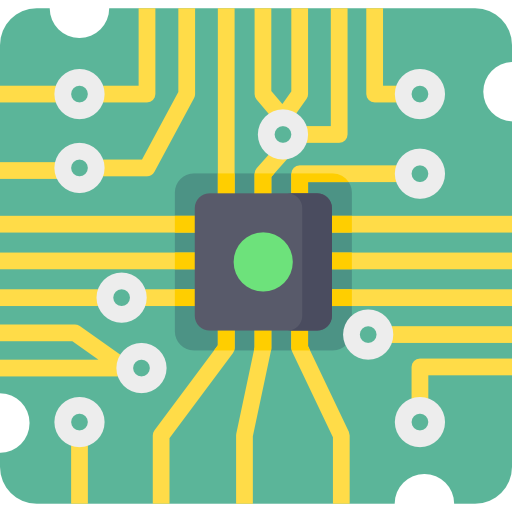
Designed & led hands-on PCB workshops

Enhanced UX based on user feedback
UBC
I recently completed my Bachelor of Applied Science in Electrical Engineering at the University of British Columbia (UBC). In my final year, I had been diving into some fascinating areas of the field. I explored power electronics, focusing on efficient energy management in systems, and modern control techniques, which help optimize how devices and processes function. I also have been delving into applied machine learning, looking at how it can tackle complex engineering challenges. My capstone design project tied it together, letting me apply sustainable design principles, circuit analysis, and system dynamics to create a practical solution. This was built on a solid base from earlier years—things like electricity, magnetism, and computational tools—and it gave me the skills to make a real impact in electrical engineering
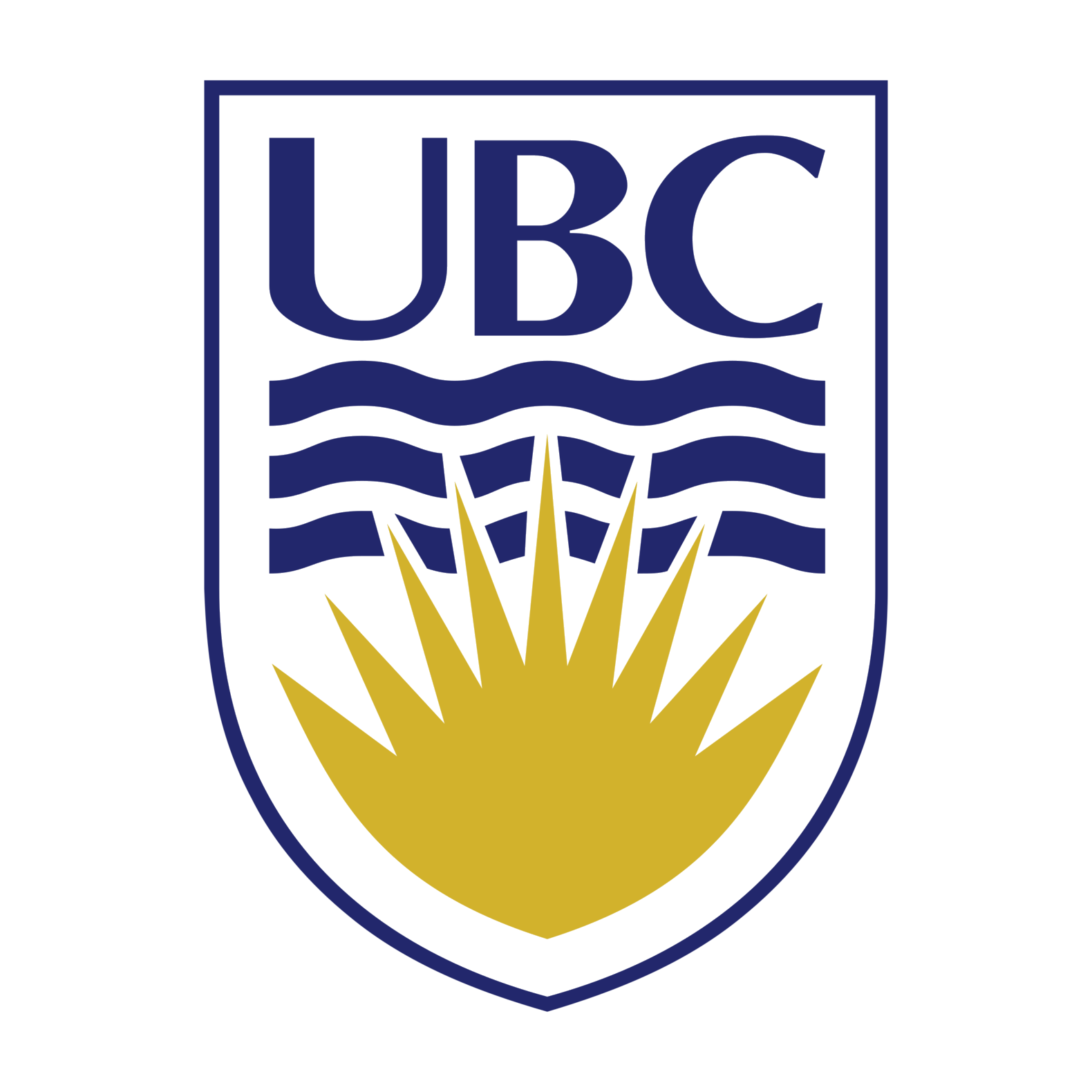
Tuum Est
EDUCATION TIMELINE
Start
Sep 1, 2021
Today
October 14, 2025
End
Apr 30, 2025
Cumulative Average
GPA
School Average
Cumulative Credits Earned
Status
Courses Passed
TRANSCRIPT
COURSES
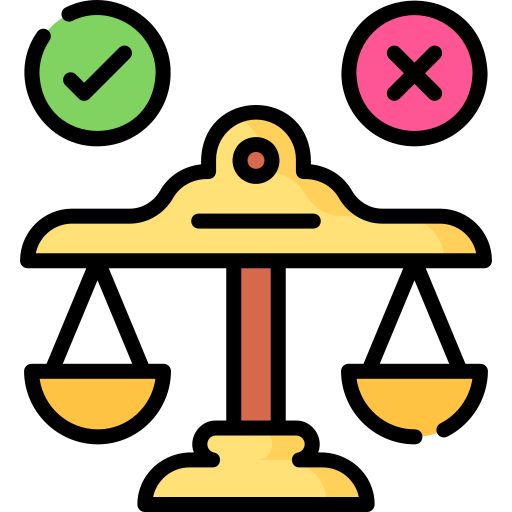
ENGR 413: Law and Ethics for Engineers
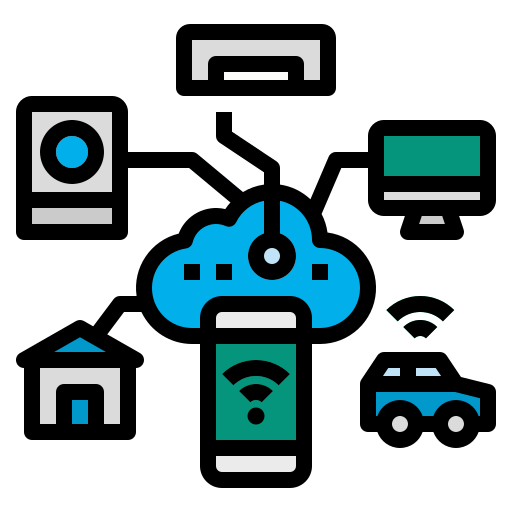
ENGR 453: Internet of Things
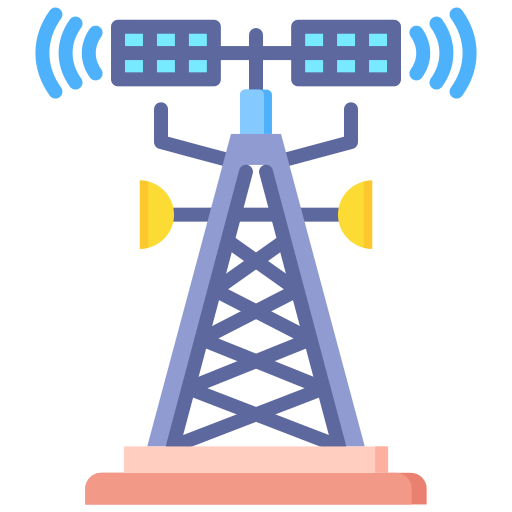
ENGR 470: Microwave Engineering
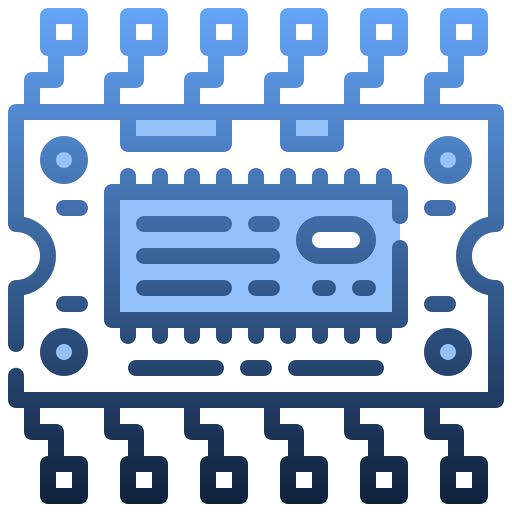
ENGR 474: Analog Integrated Circuits
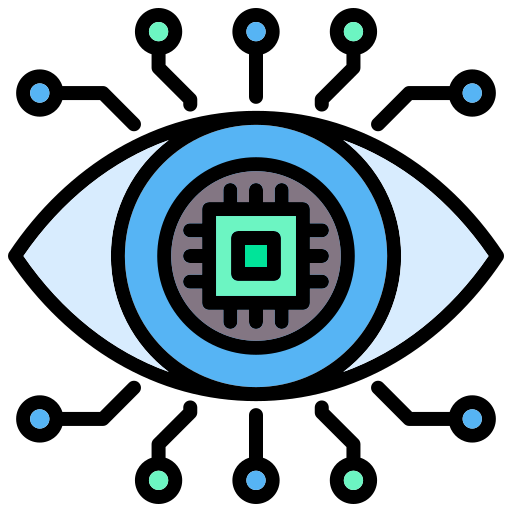
ENGR 498: Applied Machine Vision for Engineers
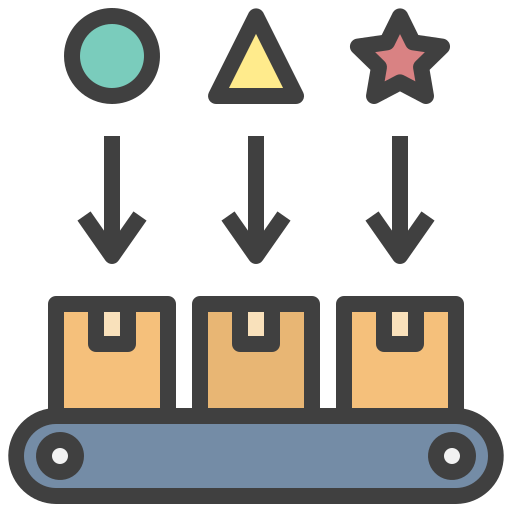
ENGR 499: Engineering Capstone Design Project
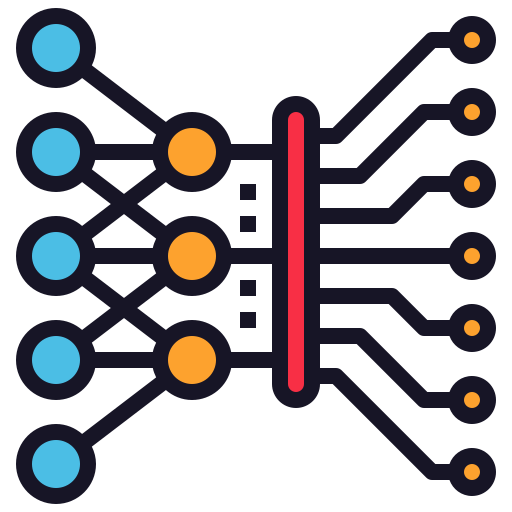
ENGR_O 418: Applied Machine Learning for Engineers
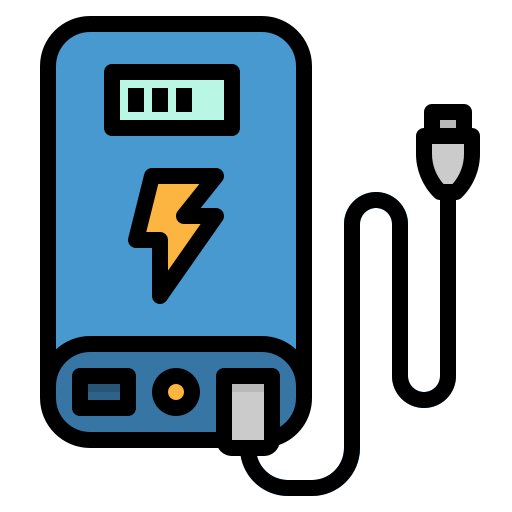
ENGR_O 458: Power Electronics
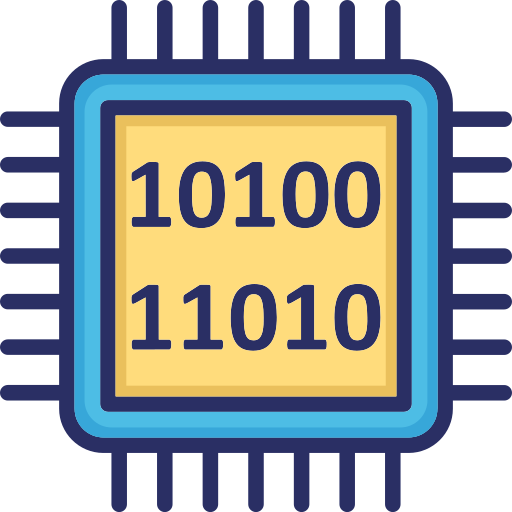
ENGR_O 466: Introduction to VLSI Systems
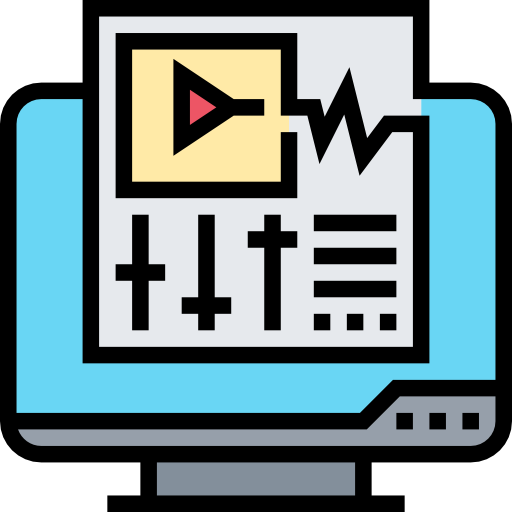
ENGR_O 480: Modern Control
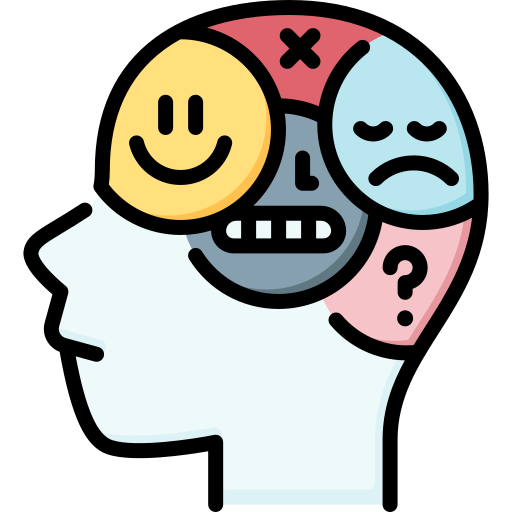
PSYO 111: Introduction to Psychology: Basic Processes
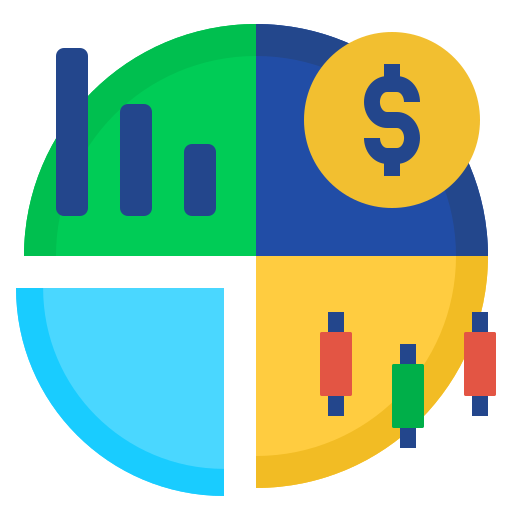
ENGR 305: Engineering Economic Analysis
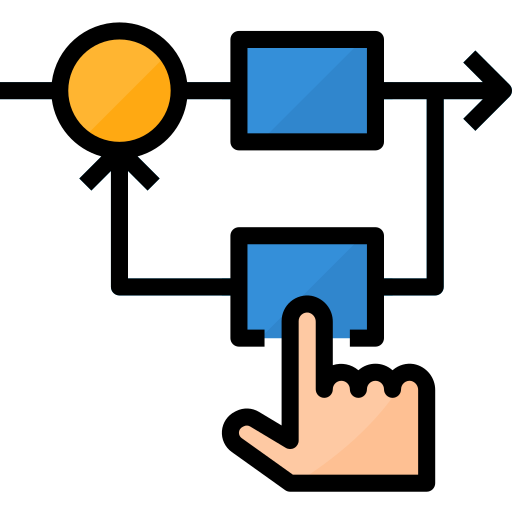
ENGR 315: Systems and Control
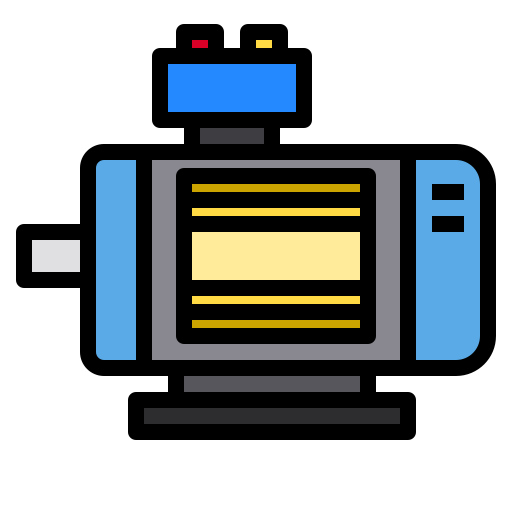
ENGR 320: Electromechanical Devices
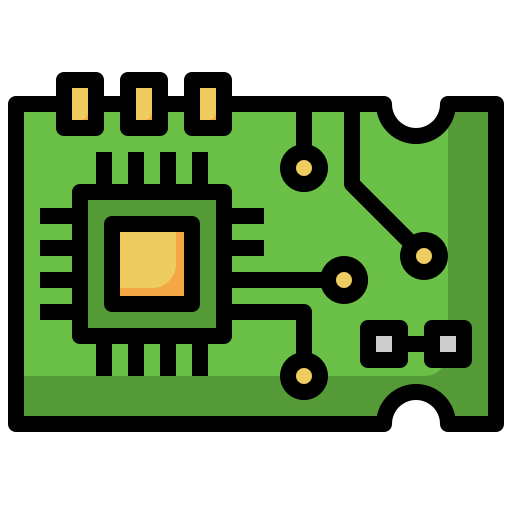
ENGR 352: Microelectronics II
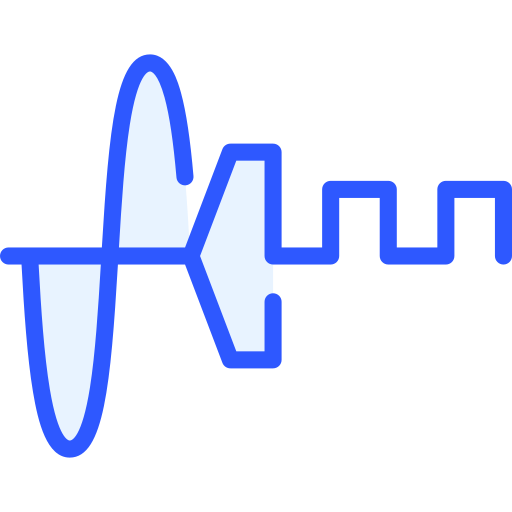
ENGR 362: Digital Signal Processing I
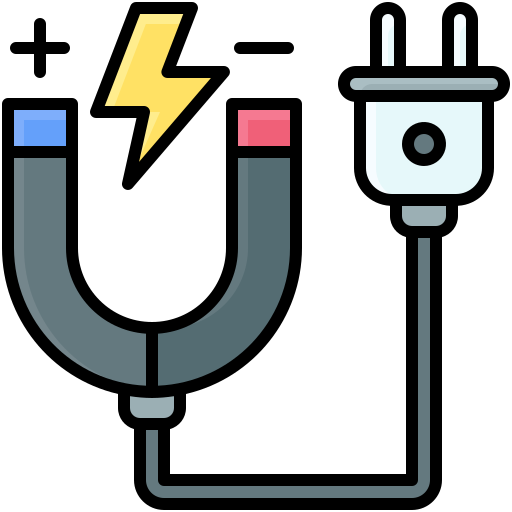
ENGR 378: Electromagnetics for Engineers
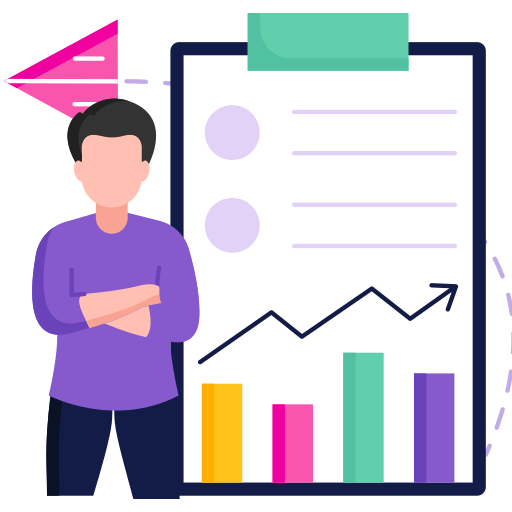
ENGR 303: Engineering Project Management
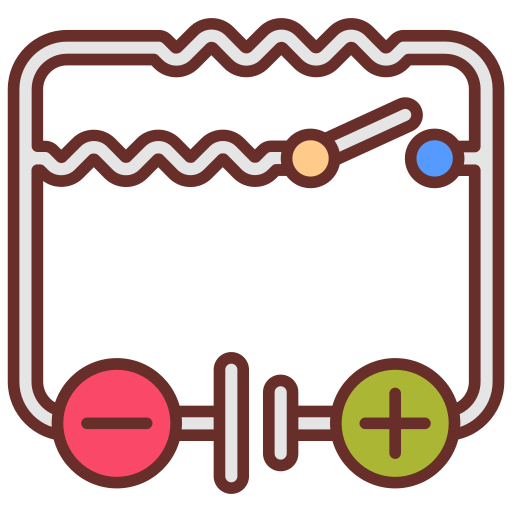
ENGR 350: Linear Circuit Theory
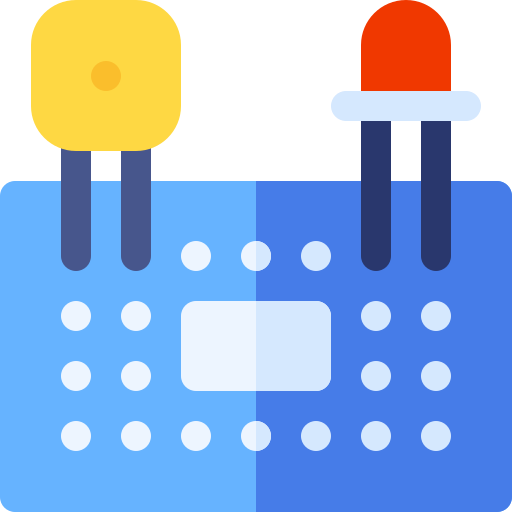
ENGR 351: Microelectronics I
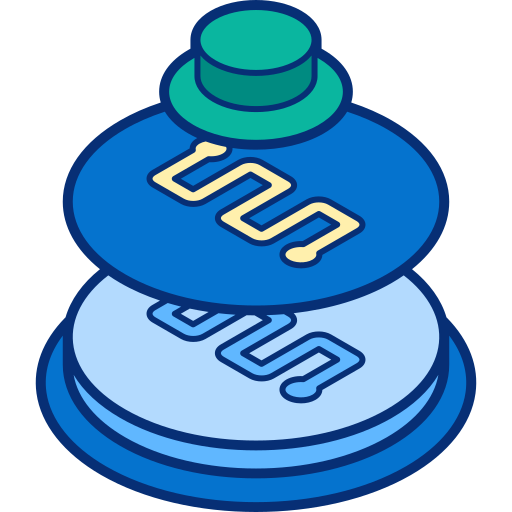
ENGR 353: Semiconductor Devices
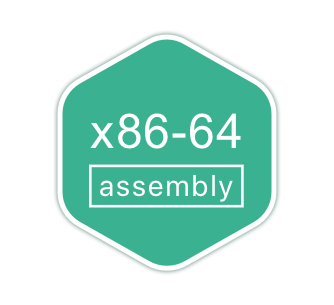
ENGR 359: Microcomputer Engineering
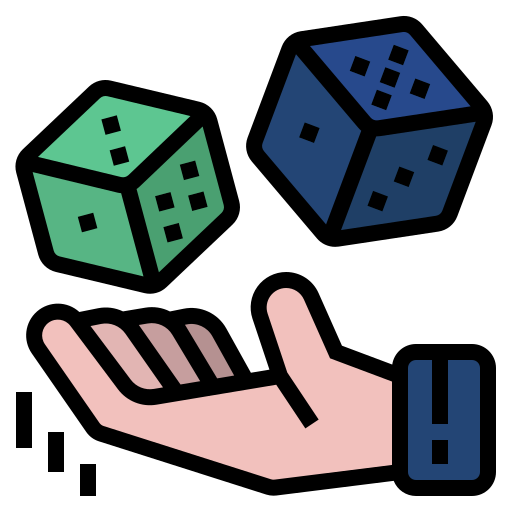
ENGR 360: Engineering Probability and Statistics
ENGR 413: Law and Ethics for Engineers
January 6, 2025 - April 30, 2025
ENGR 413: Law and Ethics for Engineers
Course Overview
ENGR 413: Law and Ethics for Engineers is a fourth-year course, taught by Dr. Lukas Bichler. Lectures occur Wednesdays and Fridays (3:30–5:00 p.m., COM 201), with bi-weekly quizzes and guest lectures from industry professionals. The course explores ethical dilemmas, legal frameworks, and professional responsibilities in engineering, covering topics like contracts, torts, and intellectual property. Assessments include ethics quizzes (30%), law quizzes (30%), and a final exam (40%), blending theory with real-world case studies.
Syllabus
-
Weeks 1-4: Ethics Foundations
- Professional practice, licensing, and ethical theories
- Hazards, liability, and codes of ethics
-
Weeks 5-8: Ethics in Practice
- Employment ethics, sustainability, and global standards
- Guest lectures (e.g., EGBC, professional development)
-
Weeks 9-13: Legal Principles
- Canadian legal system, contracts, and torts
- Guest lectures on business, employment law, and IP
-
Key Dates:
- Quiz #1: Jan 17 (Ethics)
- Quiz #2: Jan 31 (Ethics)
- Quiz #3: Feb 14 (Ethics)
- Quiz #4: Mar 7 (Law)
- Quiz #5: Mar 21 (Law)
- Quiz #6: Apr 4 (Law)
- Final Exam: Apr 15–26, TBA
Learning Objectives
By the end of the course, I’ll be able to:
- Apply ethical theories to engineering case studies.
- Understand legal principles in contracts and liability.
- Grasp professional duties and societal responsibilities.
Key Project
Ethics and Law Case Studies
Bi-weekly quizzes (e.g., Jan 17, Mar 7) task me with analyzing real-world scenarios—like whistleblowing or contract disputes—using ethical frameworks and legal principles. Supported by guest lectures (e.g., EGBC, Lawson Lundell), these in-class exercises test my ability to navigate complex professional challenges.







